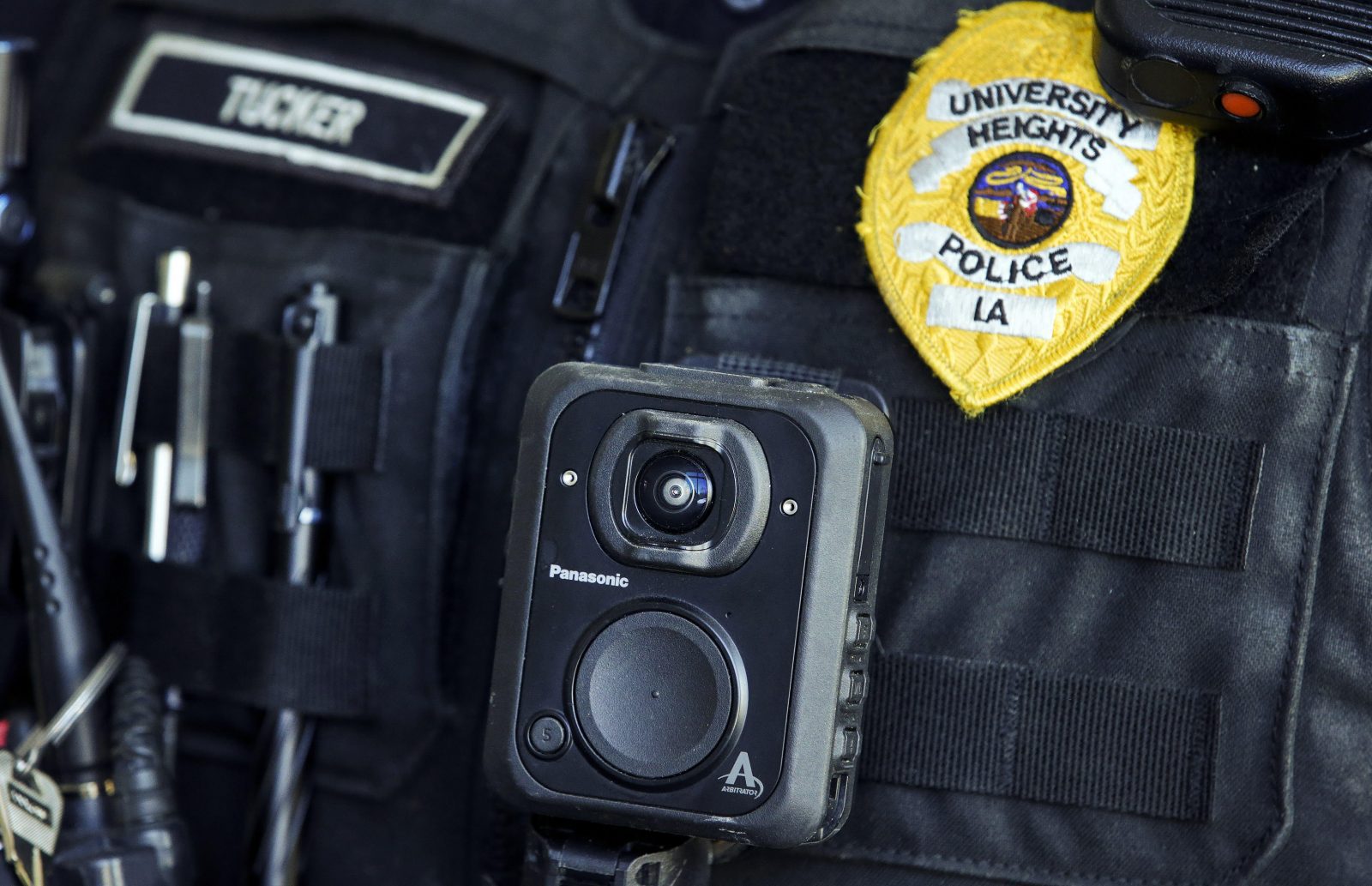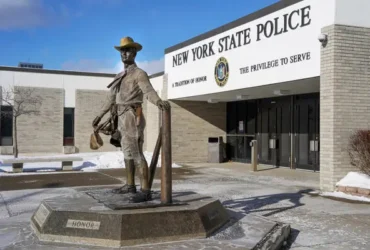A decade after Iowa law enforcement agencies started using body cameras, Iowa has a widely divergent, unregulated system of rules and policies governing public access to a tool that many saw at the outset as a way of monitoring the conduct of police. Those disparities, found in a review of the policies of more than 200 agencies, can endanger the ability of everyday Iowans to answer questions about a family member’s death at the hands of police or prove their innocence.
The Iowa Newspaper Association and more than 50 Iowa newspaper reporters queried more than 300 law enforcement agencies to review their policies on body cameras and in-car dash cameras, as well as associated video. Reporters received more than 200 policies, which they put into an interactive map and analyzed to find common threads.
Reporters Erin Jordan, of The (Cedar Rapids) Gazette, and Jared Strong, of the Carroll Times Herald, found many of the policies were outdated – some still mentioned videotape – and inconsistent. About half did not acknowledge police video as a public record. The two reporters talked with law enforcement officers about how body cameras have changed police work, lawyers about how video influences criminal prosecution and advocates about balancing privacy and accountability.
This story is the first in a grant-funded series about public access to body camera and in-car camera video in Iowa.




